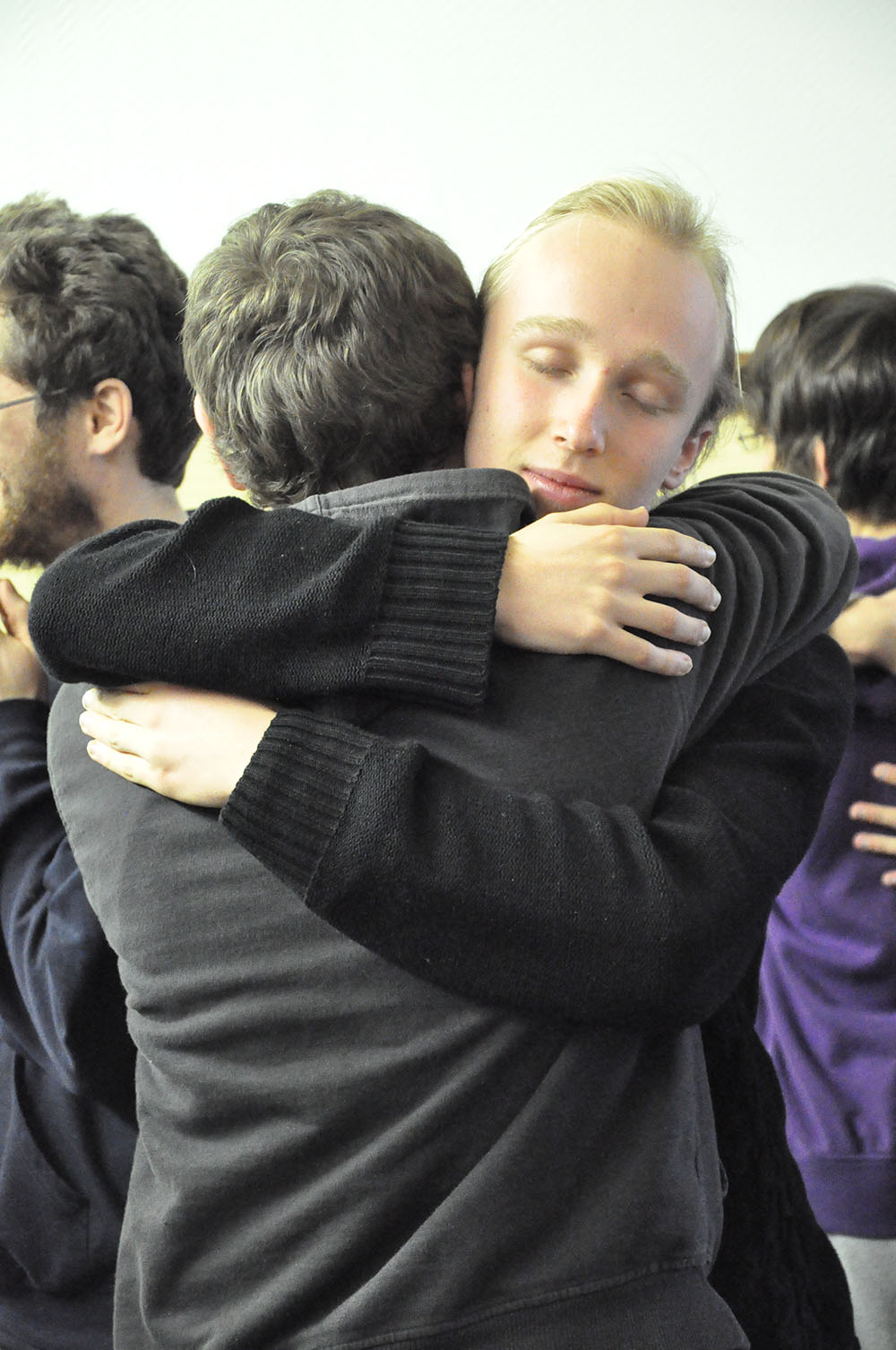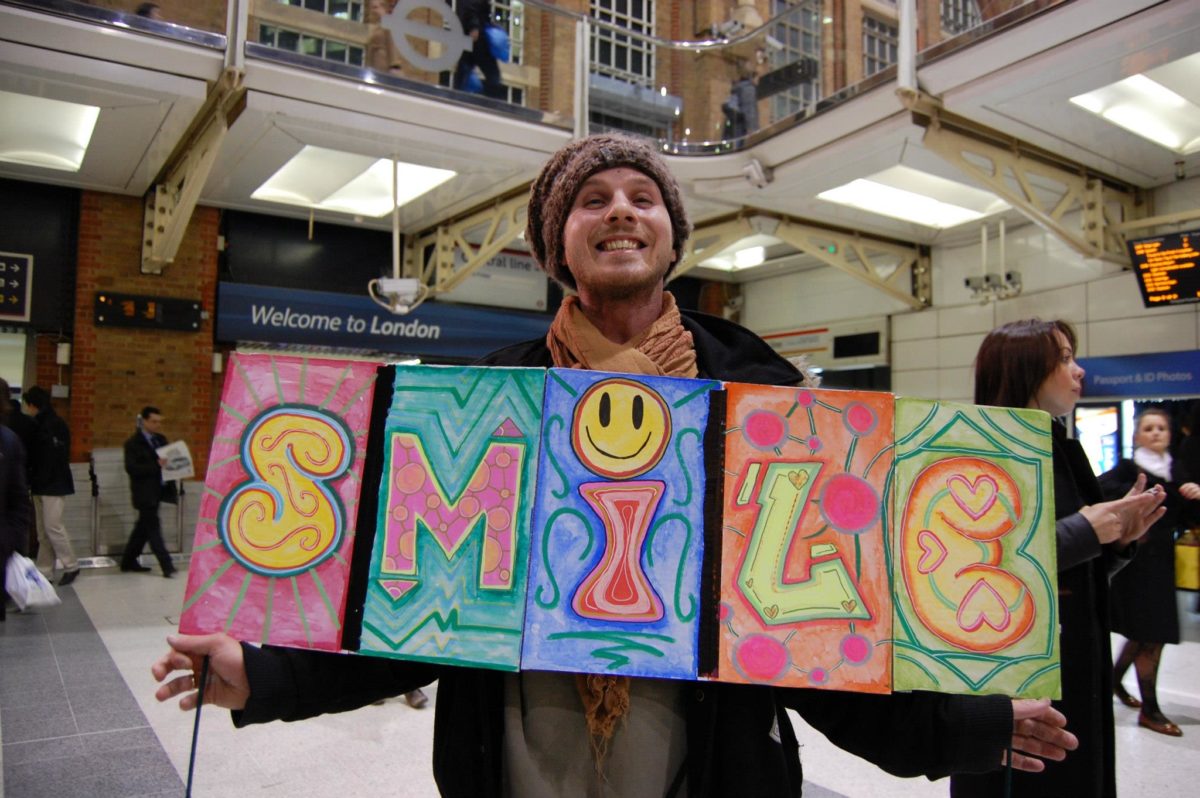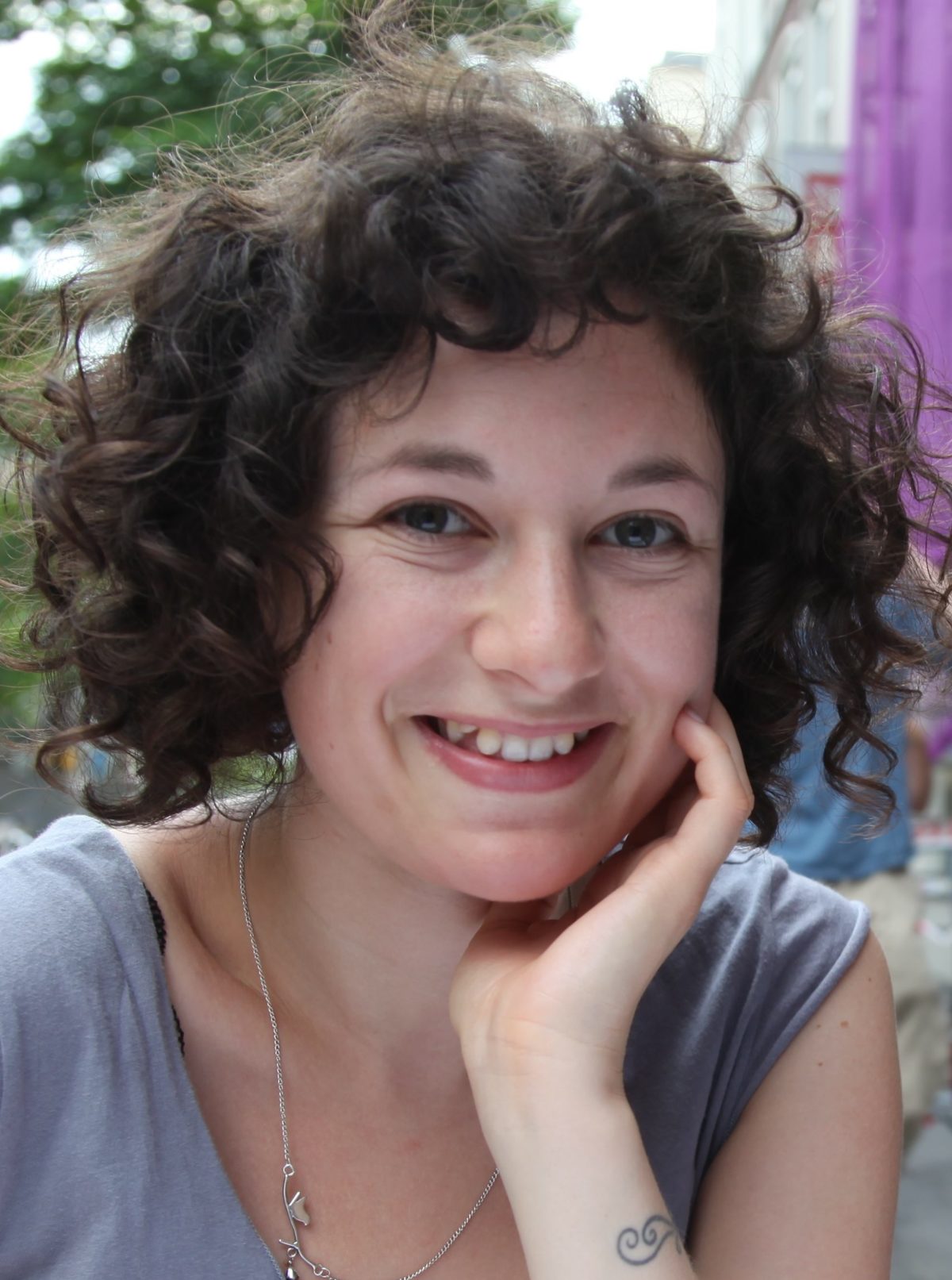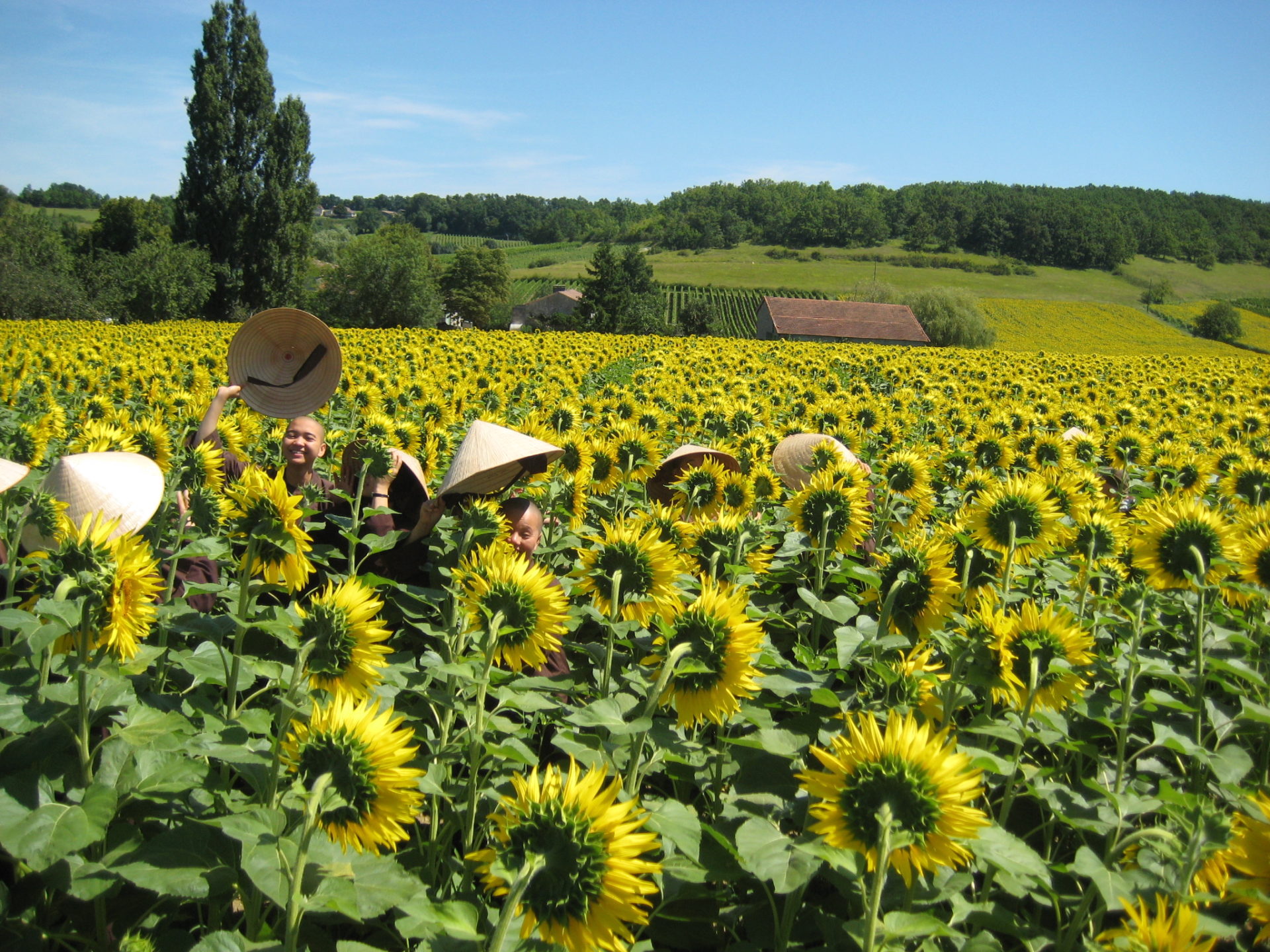By Jess Stein

Earlier this year, HIV charity Positively UK approached Wake Up London and asked us to facilitate some introductory mindfulness sessions at their London offices. Positively UK is a positive organisation in every sense of the word. Its aim is to provide practical and emotional support for people living with HIV so that their lives can be as fulfilling as possible.
By Jess Stein

Earlier this year, HIV charity Positively UK approached Wake Up London and asked us to facilitate some introductory mindfulness sessions at their London offices. Positively UK is a positive organisation in every sense of the word. Its aim is to provide practical and emotional support for people living with HIV so that their lives can be as fulfilling as possible.
Advances in medical treatment mean that an HIV diagnosis is no longer a death sentence. People who have access to the right medication and take it regularly can now live long, healthy lives, and we were inspired by the healthy, glowing, HIV-positive people we met. However, despite these advances, the challenges of living with an HIV diagnosis remain huge. The people we met talked about the anxiety of living in a body that could become sick at any time, and about the shame and stigma that they experienced both internally and externally in society.
Facilitators from Wake Up London came forward to assist in this exciting new venture, including Joe Holtaway, Luz Casto, Thomas Balbach, Anna Hasemann, and myself. We planned to offer the sessions very much along the same lines as our Afternoons of Mindfulness, where the facilitators share the teachings as fellow pupils rather than as teachers. Positively UK was originally a peer support group, so it made sense to work in this way with them as well. However, on the first rainy Monday in May, the group that sat down together didn’t exactly look like peers. We had anticipated working with a mixed-sex group of people around our age, but the people who had been drawn to the group were almost exclusively male and at least a decade older than all of the Wake Up volunteers.

It was daunting to sit in front of people with so much life experience and try to explain our version of mindfulness without sounding sentimental or patronising. The initial plan had been to trust that the practices would speak for themselves and that we would only need to offer minimal explanation. However, in the first five-minute sitting, that plan seemed a little naïve. One man found the silence so uncomfortable that he left the room, and when we opened our eyes, it was to several bemused faces and lots of questions.
“What should I be doing when I’m meditating?” “This mindfulness thing––can I buy it in a shop?” “Why does my back hurt so much?” “Why would I want to do that again?!” It wasn’t exactly the reception we had hoped for, and we quickly realised that we would have to do more to make sense of the practices. Thinking quickly, we replaced the next meditation with a relaxation exercise, and replaced the final sharing with a question-and-answer session. The practices must have hit their mark in the end, because the evening ended with a spontaneous round of applause.
NO DIFFERENCES BETWEEN US
Things flowed more easily after that first week, but every session was a learning curve. The man who left the room in the first five minutes decided that meditation wasn’t for him and never came back. We had to accept that not all practices work for everyone all of the time. We made it our policy to share practices that we really loved and had been useful to us in our lives. This meant that planning the sessions was quite easy and stress free, and we could share with authenticity. In the first few weeks, we drew on memories of when we had first started meditating and offered practices such as mindfulness of breathing, of the body, and of sounds to create an anchor which people could return to during more challenging practices.
We offered homework at the end of every session, and this brought us some lovely and funny insights into others’ lives. One member told of trying to work out how to set the timer on his phone so that he could complete our “three-minute meditation challenge,” and of being so baffled by the technology that his three minutes were up before he’d even had a chance to sit down. Other people talked about noticing becoming more aware of the kindness of strangers. Sometimes, the most simple feedback was the most gratifying: a gentle snore during relaxation and a big smile after mindful movement. As the sessions progressed, we focused on mindful relationships with others and with ourselves.
It was in sharing loving kindness practices that the differences between Wake Up volunteers and Positively UK participants started to drop away. One week we used a practice at both the Afternoon of Mindfulness and at Positively UK where we asked people to conjure up positive memories and to send out the feelings associated with those memories to themselves and to the whole world. The themes that arose were universal. The memories evoked were of the natural world and the innocence of childhood love. The feelings were universally “love,” “warmth,” “comfort,” “freedom,” and “safety.” It was a lovely reminder that our basic human understanding of what it means to be happy cuts through all differences in background or life experience. The group remained small throughout the six weeks of our course, but this allowed us to relax more and more in each other’s company. By the last session, we all felt sorry that we had to say goodbye to this safe and precious practice space.
It felt as though the bubble of peace that is created each week at the Wake Up Afternoons of Mindfulness had floated off and found a new home with Positively UK. Hopefully, with more projects like this, we can do the same in all sorts of other places.
Reprinted with permission from wakeuplondon.org, the Wake Up London blog.

Jess Stein is a nurse and yoga teacher from the UK. She has been practising with Wake Up London since 2012 and continues to be inspired by the richness of the practice and the Sangha. Starting this spring, she is spending a year living and working at The Barn, a mindfulness retreat in the South West of England, and is blogging about her experiences at https://goandlookatatree.wordpress.com.

